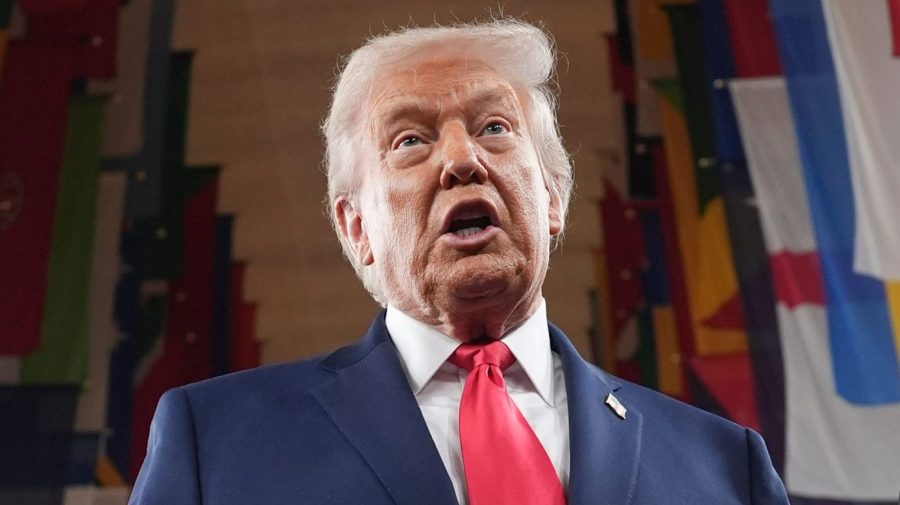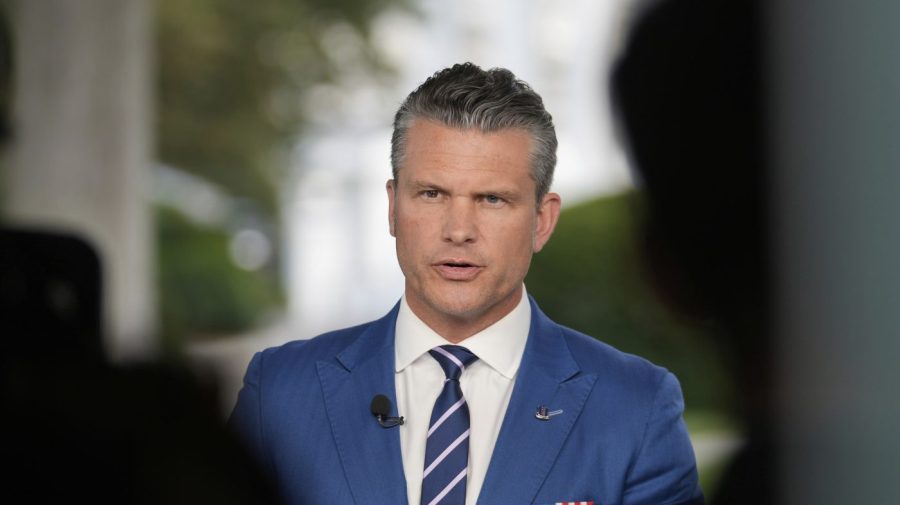
The federal electric vehicle mandate is over. And not a moment too soon.
Till 30th September, Most major automakers are no longer eligible $7,500 for electric vehicle tax credits. For years, these subsidies hid the true cost of electric vehicles and fueled demand for cars that many Americans never wanted in the first place.
Now, thanks to President Trump’s leadership and the reforms included One Big Beautiful Bill ActThe electric vehicle market is finally being forced to stand on its own two wheels, and it is wobbly.
There was never a single electric vehicle mandate bill. It wasn’t supposed to be there. The federal government forced the shift to electric vehicles through a combination of regulatory penalties and fiscal manipulation. The most devastating of these tools was raising corporate average fuel economy or CAFE standards, which imposed heavy fines on automakers whose fleets did not meet arbitrary emissions targets.
Those penalties didn’t just affect companies — they also affected drivers in the form of more expensive gas-powered cars. Even as consumers made their preferences clear to choose trucks, SUVs and sedans with internal combustion engines, automakers were forced to cross-subsidize electric vehicles to avoid regulatory fines. Some passed regulatory fines directly onto car buyers. Others quietly raised sticker prices across the board. Either way, American drivers paid the price.
Now, those days are over. One Big Beautiful Bill Act zeroes out CAFE penaltiesEnding the decades-old policy of penalizing gas-powered vehicles through the backdoor. This alone is a huge win for American drivers and manufacturers. But it gets better.
The electric vehicle tax credit — the $7,500 golden ticket that serves as the industry’s lifeline — is being phased out for most automakers. Under rules finalized earlier this year by the Treasury Department, only electric vehicles that meet stringent sourcing and material requirements are now eligible for the credit. This means that most of the market loses access to subsidies. Some automakers are pushing for compliance, but the net effect is clear: The federal government is no longer artificially boosting demand for electric vehicles.
This marks the formal and concrete end of the mandate. After years of top-down mandates, environmental and social governance pressure campaigns, and regulatory warfare, the free market is back in the driver’s seat. The US auto industry, once a global symbol of innovation and freedom, may finally begin to heal from the wounds inflicted by climate central planners and corporate greenwashing.
That treatment is desperately needed. Electric vehicle sales are slowing, inventory is rising, and resale values are falling. Ford, GM and other legacy manufacturers have already begun reducing or canceling electric vehicle investments, quietly acknowledging what many of us have known for years: The business case for mass electric vehicle adoption doesn’t hold up. When government support disappears, the illusion of demand also disappears.
There should be no surprise in this. Americans never asked for this change. They were told it was inevitable. They were told that the future would be battery-powered, regardless of whether charging infrastructure existed, the minerals could be responsibly obtained, or the grid could handle the load. All legitimate concerns were dismissed as “anti-science” or worse. But the real science, economics, has now spoken.
Electric vehicles may have a place in the market, but that place must be earned, not mandated. If electric vehicles really are better for consumers, they should not require subsidies, price controls, or a federal crime trip. Let the best vehicle win.
This moment is also a victory against the broader climate industrial complex. For too long, Washington has picked winners and losers in the name of “decarbonization.” In fact, it empowered China, punished American industry, and forced working-class Americans to finance someone else’s idea of virtue. By ending the electric vehicle mandate, the Trump Administration has taken a bold step toward restoring accountability and common sense to energy and environmental policy.
There is still a lot to be done. States must eliminate their own mandates and fleet purchase quotas. Congress should eliminate remaining carveouts and handouts buried in the tax code. And automakers should learn from this painful episode and stop chasing the approval of ESG activists and unelected bureaucrats.
But for now, let’s celebrate what has been achieved. The electric vehicle mandate is over. The market is recovering. And once again, Americans are free to drive whatever they want.
The Honorable Jason Isaacs is the CEO of the American Energy Institute and previously served four terms in the Texas House of Representatives.












